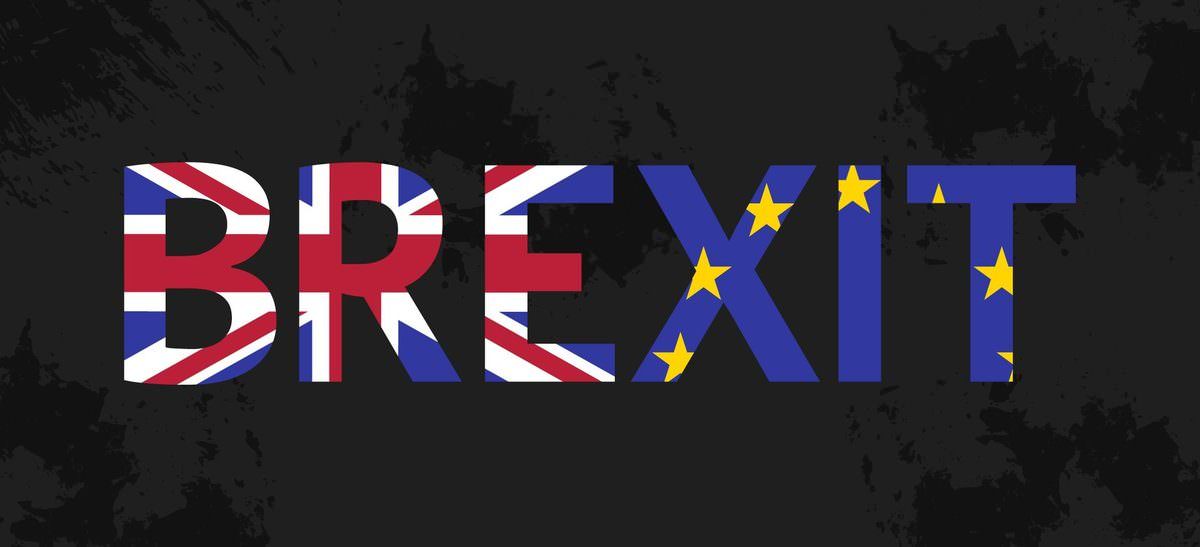It could result in a potential shortage of farm labor to a loss of subsidies for farmers already near the brink.

Known by the somewhat cutesy name of “Brexit,” many UK farmers feel the move is anything but cute. The National Farmers Union, which represents around 55,000 farmers in England and Wales, was against breaking with the EU from the start. Its president, Meurig Raymond, called the vote’s result a “political car crash,” warning it could lead to increased food prices due to a weakened pound and the UK’s reliance on imports, according to The Independent newspaper.
The effects upon UK farmers covers a broad swath of issues – including the potential loss of subsidies, markets, and a ready labor pool – and travels across a range of products, from dairy, to arable crops, to livestock. A vital issue is the subsidies, which UK farmers enjoyed under the EU. Without these supports, farmers already near the brink (due to British supermarkets’ artificially low prices for staples, like milk) could go under. According to Mike Thomas, a spokesman for the NFU, the organization wants to ensure the independent UK government will continue to provide similar supports for the agricultural sector.
Today the NFU’s governing body held an internal meeting to determine next steps, or as Thomas puts it, to “put some flesh on the bones” of what they want in the wake of the decision to leave the EU, including achieving the best possible access to European markets; continued access to the rest of the world’s markets (while ensuring the UK won’t be flooded by cheap imports made with lower standards); continued availability of foreign labor; and crafting a British agricultural policy that is simple, flexible, and leaves British farmers on a level playing field with EU farmers.
“The vote to leave the European Union will inevitably lead to a period of uncertainty in a number of areas that are of vital importance to Britain’s farmers,” Thomas tells Modern Farmer in an email. “Our members will rightly want to know the impact on their businesses as a matter of urgency. We understand that the negotiations will take some time to deliver, but it is vital that there is early commitment to ensure British farming is not disadvantaged. British farming is the bedrock of the food industry – Britain’s largest manufacturing sector.”
Not everyone agrees leaving the EU will have negative effects, however. In February, before the referendum, British author, journalist, and former farmer, Nigel Farndale penned a piece for The Spectator, in which he argues that leaving the EU could save Britain £3 billion ($3.97 billion) a year while maintaining the same amount of farming subsidies currently supporting British farmers. He writes, “Just to continue paying farmers the same subsidy as they are getting now would cost the British taxpayer half as much, because, at present, we pay £6 billion [$7.95 billion] a year into the CAP [Common Agricultural Policy, an EU program meant to increase agricultural productivity and ensure farmers receive a fair income, among other aims], but our farmers get only £3 billion back. British farmers are effectively subsidising their competitors: the French, by far the biggest beneficiary of the CAP, receive three times as much.”
Additionally, says Farndale, UK farmers could become more competitive on the world stage without being mired in the red tape that comes from being a member of the European Union.
Professor Patrick Minford, an economist and former advisor to Margaret Thatcher, who teaches at Cardiff University, also believes Brexit will be good for farmers. “We’d stop listening to French farmers and instead the UK would help struggling farmers in our own country stand on their own two feet while protecting our beautiful rural environment in different ways,” he wrote in an op ed piece in The Sun.
While the future of the UK agricultural sector in the face of these major changes is uncertain, Thomas says this is the moment farmers need to work together to not just ensure a smooth transition out of the EU, but to decide where they want their agriculture sector to head in the long term.
“This is about planning a UK food and farming plan that is fit for the future and builds strong foundations for the young people who want to enter into the industry,” he says. “The loss of state aid rules will mean that we can be really ambitious in our plans for promoting and marketing British food for retail, public procurement, and to the export market.”
UK farmers and British shoppers will be watching Brexit unfold with bated breath, as will American farmers hoping to find a new export opportunity.